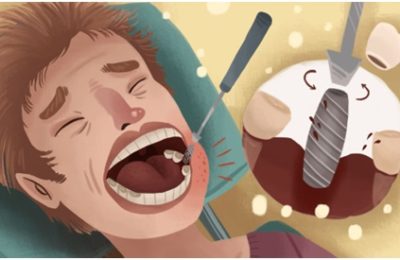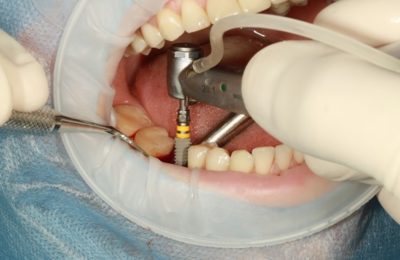Stress and addiction often go hand in hand although one can trigger the other and vice versa. It is the way someone responds to challenging situations that can signal a propensity for addiction and once drugs or alcohol are used to medicate against the symptoms of stress, addiction can swiftly follow.
That’s why learning to cope with stress is an integral part of alcohol and drug rehab with coping mechanisms and stress management that can be used long after treatment has finished.
What are the Common Causes of Stress?
Life has a habit of throwing out many challenges and there’s a wealth of events and circumstances that can trigger severe stress including:
- Divorce/relationship problems
- Financial worries
- Redundancy
- Death of a loved one
Every person has an individual endurance threshold when it comes to stress and some can respond admirably whereas others struggle, feeling the need to alleviate symptoms of anxiety with drugs or drink. Stress can either be a direct cause of addictive behavior or it can result from using substances or abusing alcohol for prolonged periods of time.
Without the benefit of a crystal ball, it’s just not possible to predict what stresses life has in store and so the only way to protect against developing or relapsing into addiction is to find natural ways to relieve stress. Drug and alcohol treatment centers offer specialist guidance on how to cope with stress although more importantly, a specialized program will uncover all the likely triggers in a patient’s life so they can be avoided in recovery.
How to Cope With Stress
Just as everyone has their own response to stress, they deal with it in personal ways too. Some might choose to exercise or see a movie as a way of letting off steam or focusing on something other than a stressful situation, whereas others can opt for more unhealthy options to help them relax and unwind.
Alcohol, cigarettes, drugs, and caffeine are all used to relieve stress although they actually compound the problem further. Combining the effects of stress on the brain’s neurotransmitters with substances or alcohol can easily spiral out of control if this becomes a standard method of stress medication.
Here are some ways to lower stress levels and reduce the likelihood of substance or alcohol abuse:
- Get more exercise. Raising endorphins through vigorous exercise gives a healthy buzz that also deals with the increased levels of stress hormones like adrenaline and cortisol that surge in response to difficult situations.
- Get more sleep. Sleep has vital health benefits of recuperation for the mind, body, and spirit. Feeling sluggish after a poor night’s sleep can lead to taking some form of stimulant like caffeine or cocaine to increase energy levels sufficiently to perform at work or school. Unfortunately, these stimulants are likely to exaggerate any response to stress rather than assuage it.
- Try meditation and relaxation. Most of the time, a bad reaction to stress is caused because of the body’s reaction to what it considers a personal threat. Increased adrenalin and cortisol can have the heart racing and the physical symptoms are very real. By learning how to focus on breathing as taught in meditation and yoga, it’s possible to build a natural defense mechanism to protect against the negative effects of stress on the body.
- Talk to others. Either individual or group therapy is hugely beneficial in learning how to cope with stress in a life of sobriety. It’s important to feel accepted in a group of like-minded people in order to make the changes needed to be free of addiction. Communication at all times is the best protection against relapse into addictive behavior.
- Manage time effectively. It’s important for someone recovering from alcohol and drug rehab to keep busy, without overloading the calendar. Using a schedule to manage time during the day is a good way of introducing a healthier routine after attending a drug and alcohol treatment center. By planning effectively it is possible to avoid stressful situations that can trigger relapse.
Conclusion
Another important life skill to learn when in addiction treatment is the ability to say ‘No’. More often than not a lot of stress is created when someone feels obliged to take on a commitment or make a promise that they’re not entirely sure they can stick to. Some people have no difficulty at all in instantly declining invites of assistance from others but many with addiction issues have trouble putting their own needs first.
It is this ‘people-pleasing’ tendency of addicts that can be seriously detrimental to their recovery and is largely a characteristic of someone who has forgotten how to value themselves. For many addicts, specialist treatment is a revelation and a voyage of discovery about themselves that is invaluable for a successful life in sobriety.













